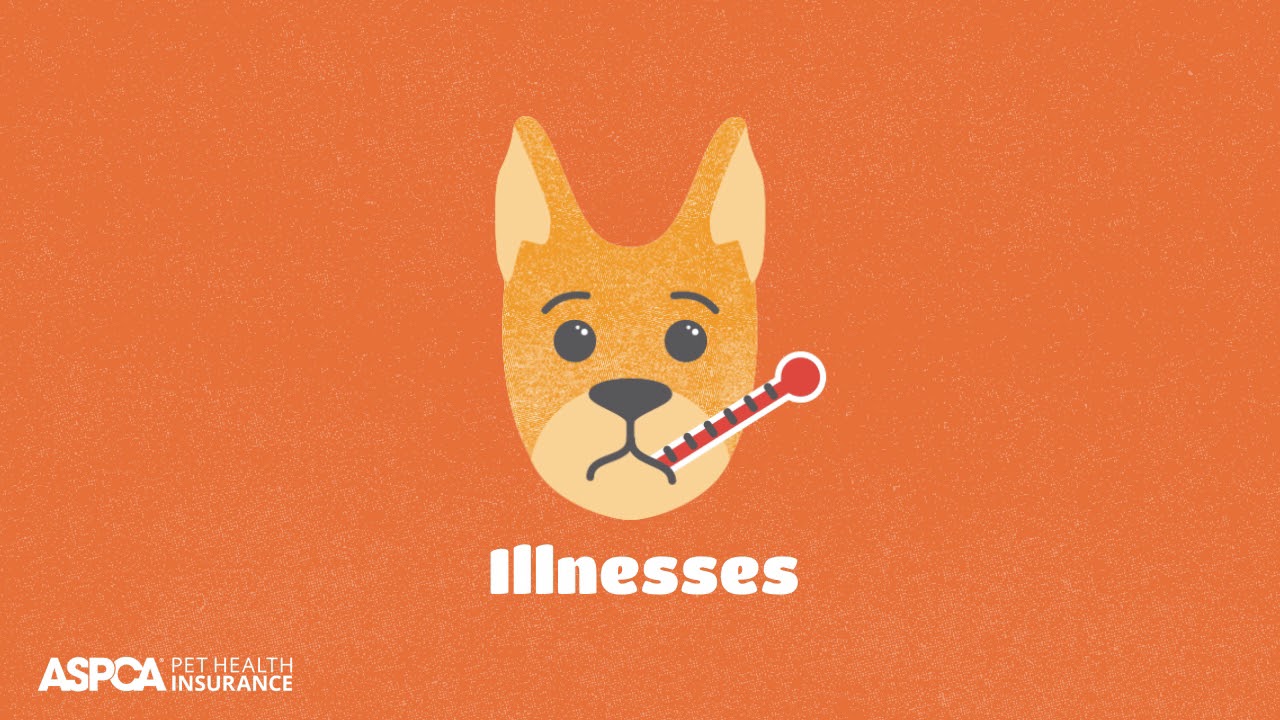
Traveling requires you to have adequate insurance. It provides financial protection while you travel and allows you to cancel the policy at any point before it expires. The premium can be refunded if it is not used during your trip. American health care is expensive and can make it very difficult to obtain treatment in an unexpected emergency. You will be responsible for paying your bills without insurance. This can be dangerous.
Benefits
A great way to lower the cost of medical care while traveling abroad is through travel insurance. Medicare does not cover medical expenses outside of the United States, and this can deplete your family's savings. Many travel insurance policies offer coverage for medical emergencies. To ensure you are covered, it is important that you contact your insurance provider before you travel.

Even if you're only going to be traveling for a short time, health insurance travel coverage can help. Your travel insurance can cover you for medical emergencies or routine checkups. You'd have to pay out of pocket, and then submit a claim to the insurance company. This can be especially helpful if you're abroad and have no access to local health care.
Costs
Travel medical insurance is essential for those who travel frequently. The policy should be purchased for at least 6 months prior to the start of your trip. A basic, low-benefit frequent traveler insurance policy can cost $100 per annum for one person. But, a more generous plan might cost you twice as much. Although frequent travelers policies can be used for short-term trips, they may not work well for long-term business trips.
Types
Travelers should consider purchasing travel health insurance when they travel abroad. This policy provides medical coverage for a foreign country, and can often cover emergency evacuation. However, it does come with deductibles and limits. Before purchasing travel insurance, make sure you review the requirements of your domestic plan. There are many kinds of travel insurance. You can choose which plan best suits your needs and budget.
Pre-existing conditions covered
You have many options for finding comprehensive travel insurance that covers pre-existing conditions. The insurer will determine if a pre-existing condition waiver is available, but most will cover common chronic diseases. This includes diabetes, heart disease, and depression. You should also check to see if your plan covers drug addictions. While pregnancy isn't usually considered a preexisting condition, some plans won't cover it if it is a normal birth.

A pre-existing condition is an ongoing medical or dental condition. You must have had it before you bought the policy. Some policies may not cover you if a condition has arisen after your purchase. In these cases, it is important to read the terms.